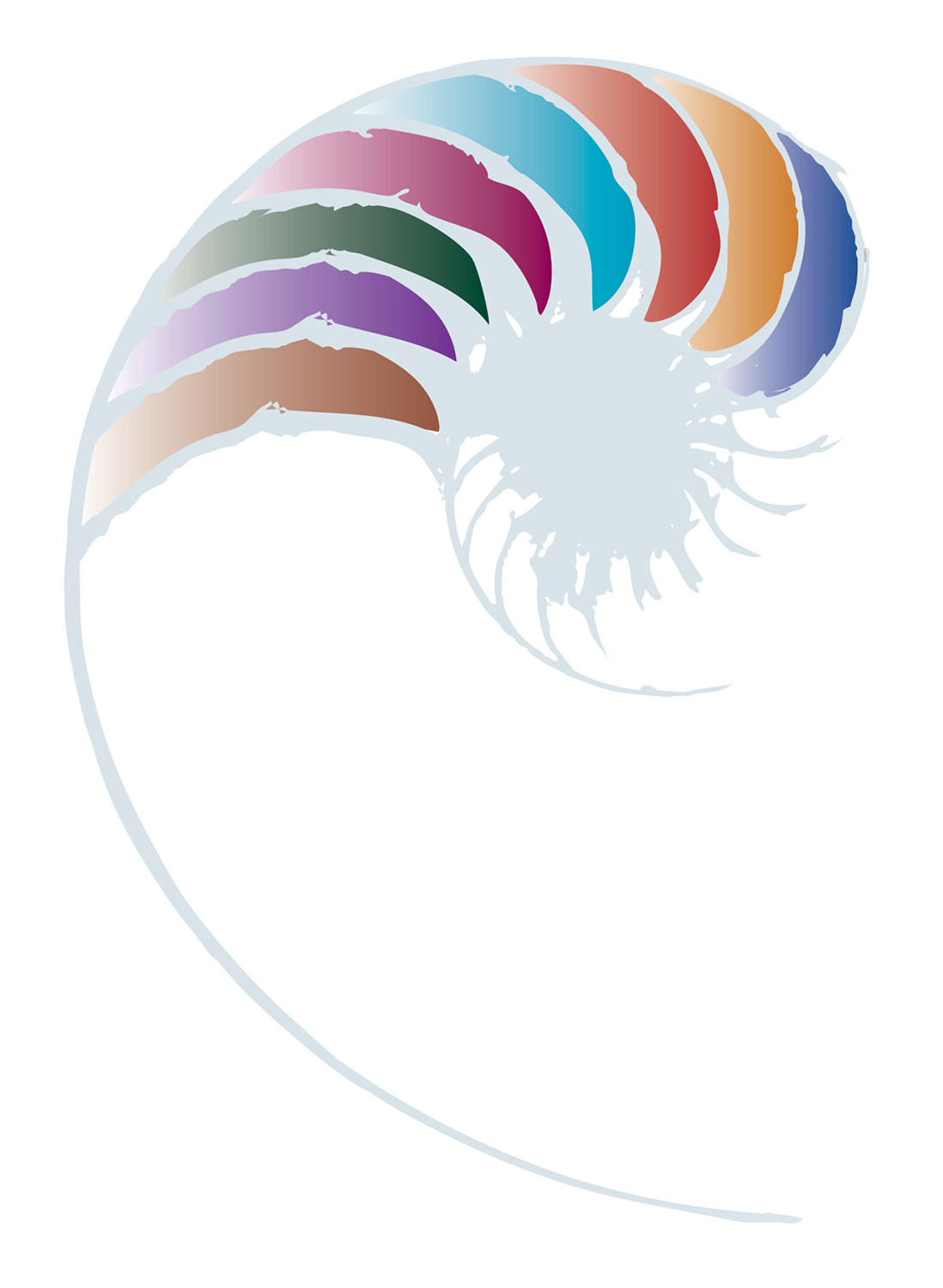Home-based early childhood education
This downloadable workshop is designed for home-based kaiako to stimulate thinking and discussion about the rich learning opportunities you can find in relationships, everyday home life, and getting out into the local community.

See Materials that come with this resource to download Downloadable workshop: Home-based Early Childhood Education (.pdf or .ppt).
You can make a copy of the slides if you wish to edit them for your team.
Tips for using downloadable workshop
General/technical
The best way to view the workshop is to enlarge the slideshow by selecting the full screen icon at the bottom of the tool bar.
Use the forward and back arrows to move through the workshop at your own pace.
You can download the workshop and adapt it for your own use, but you must respect copyright, especially of the images and video.
Professional learning
The workshops are best used in a group, in which you can consider and discuss the content and questions.
The workshops focus in on a specific aspect of Te Whāriki and are designed to help kaiako deepen their understanding and practical application of the curriculum.
They offer a brief overview or short introduction.
You may choose to use the workshops in facilitated sessions and in specific ways for your context. For example, you might:
- work together on a complete workshop in a team meeting or professional development session
- select parts of a workshop to spend more time on, completing it over a number of sessions
- select parts of a workshop to revisit and explore in greater depth.
It was one of those hot, muggy, sunny days that you get in Auckland sometimes, and I went to visit an educator with three children and a baby. So we sat outside under a tree on a blanket and looked at her pegging out the washing, which seemed to include hundreds of her husband’s work socks. One of the children noticed that the pegs were a different colour and was talking about it and wondering why that was. He asked the educator and she said, “I don’t know. Why do you think the pegs are a different colour?”
The children started talking amongst themselves and came up with some ideas. One child said that his father reckoned that red sports cars went faster than any other colour so perhaps the red ones were very fast pegs. After some talking around why pegs were different colours, what the colours were, and how pegs worked, the children came up with the idea that maybe the pegs were different coloured because some pegs were stronger than others. And that the black pegs would be the strongest of all. So, I asked them how would they prove that? The children decided that they would have to do some tests to check which pegs were the strongest. When I asked what sort of things they could test for the pegs, they said well if they hung things on the line with pegs, the one peg that hung the heaviest thing (whatever that was) was the strongest peg.
So I said, "Okay but how are you going to make sure that you do this fairly?" They decided they could put things in the socks as there were plenty of socks. The more stuff they put in, the heavier the sock would be and so the stronger peg would be that held it up. They decided the best thing they could do was marbles. So I said, “How do we make sure it is fair with the marbles?”
We got into a big discussion about how they would measure the marbles. Some children thought they could measure them with weight on scales. Some children thought they could line them up one by one and the same number of marbles would weigh the same. Other children said well we could count them and that would be quicker. So over the next couple of weeks they did all sorts of things with the marbles and the socks to see which was the strongest. Eventually they came up with the finding, I think we would say, that all pegs are equally strong. I was a bit disappointed that nobody gave me a red sports car to try out the father’s theory but there you go.
About this resource
This downloadable workshop is designed for home-based kaiako to stimulate thinking and discussion about the rich learning opportunities you can find in relationships, everyday home life, and getting out into the local community. The workshop focuses on a specific aspect of Te Whāriki and is designed to help kaiako deepen their understanding and practical application of the curriculum. The workshops are best used in a group, in which you can consider and discuss the content and questions.



